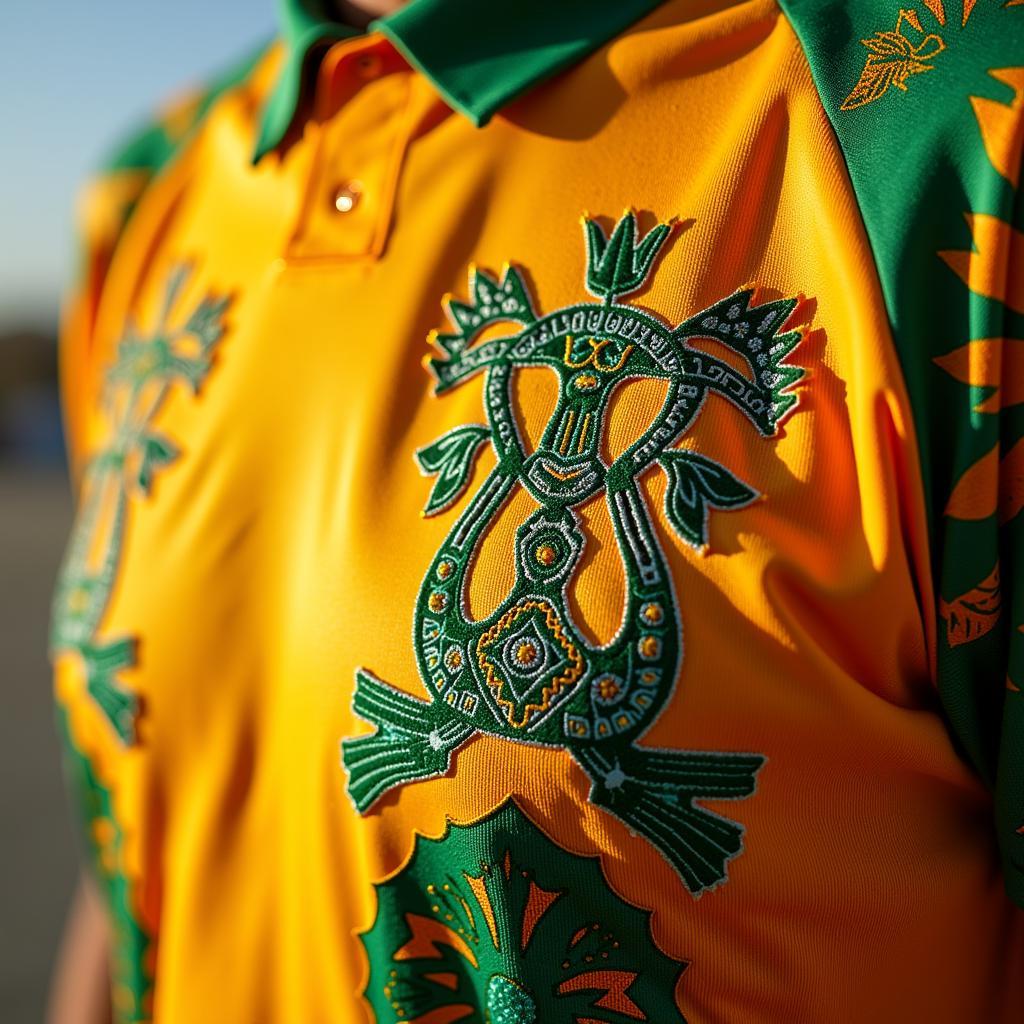Uncovering the Legacy of the African American King
The term “African American King” often sparks curiosity and raises questions about leadership, heritage, and historical context. While the term doesn’t typically refer to monarchs in the traditional European sense, it holds deep cultural significance, representing figures of power, resilience, and community leadership within the African American experience. This article explores the multifaceted meaning of “African American king,” delving into its historical roots, cultural interpretations, and contemporary relevance.
Exploring the Historical Context of “African American King”
Historically, the concept of kingship in Africa was diverse and complex, varying significantly across different regions and cultures. From the powerful empires of Ghana, Mali, and Songhai to the numerous smaller kingdoms and chiefdoms, leadership took many forms. Understanding this historical backdrop is crucial for appreciating the evolving meaning of “African American king” in the context of the diaspora. The transatlantic slave trade tragically disrupted these established social structures and stripped individuals of their titles and heritage.
However, the inherent desire for leadership and self-determination persisted. Within the harsh realities of slavery and its aftermath, figures emerged who embodied strength, wisdom, and community guidance. These individuals, though not monarchs in the traditional sense, became symbolic “kings” within their communities, leading the fight for freedom, equality, and social justice.
How Cultural Interpretations Shape the Meaning
The term “African American king” carries a rich cultural significance, often associated with respect, admiration, and a recognition of positive contributions to the community. It can be used to describe leaders in various fields, from civil rights activists and religious figures to artists, musicians, and athletes. This broader interpretation reflects the resilience and adaptability of African American culture, finding ways to celebrate achievement and leadership despite historical adversity. It is important to note that the use of “king” in this context is often symbolic and metaphorical, acknowledging the individual’s impact and influence within their respective spheres.
For example, Martin Luther King Jr., though not a monarch, is widely recognized as a pivotal “king” in the struggle for civil rights. His leadership and unwavering commitment to nonviolent resistance made him a beacon of hope and inspiration for generations. Similarly, figures like Frederick Douglass, a powerful orator and abolitionist, and W.E.B. Du Bois, a scholar and Pan-Africanist, are also seen as “kings” within the intellectual and social justice realms.
african american kings and queens
“African American King” in the 21st Century
Today, the term continues to evolve, often used informally within the African American community to acknowledge individuals who demonstrate exceptional leadership qualities, make significant contributions to society, or embody positive values. This usage can be seen in music, popular culture, and everyday language, reflecting a continued desire to celebrate achievement and recognize those who inspire and uplift others.
african american museum dc parking
Who are some examples of contemporary “African American Kings”?
Contemporary examples might include influential figures in various fields, from business leaders and philanthropists to artists and entertainers. These individuals, through their actions and achievements, inspire and empower others within the African American community and beyond.
Is “African American King” a controversial term?
While the term is generally used with positive intent, it’s crucial to be mindful of its potential complexities. Some may argue that it perpetuates gendered notions of leadership or overlooks the contributions of women. Others might question its appropriateness, given the historical absence of traditional monarchies within the African American experience. These nuances highlight the importance of understanding the term’s context and intended meaning.
african american girls fucking
Conclusion
The term “African American king” carries a complex and evolving meaning, encompassing historical context, cultural interpretations, and contemporary relevance. While it doesn’t refer to monarchs in the traditional sense, it represents a powerful symbol of leadership, resilience, and community empowerment within the African American experience. Understanding its nuanced meaning is crucial for appreciating its significance and the ongoing legacy it represents.
african american short wavy hairstyle
Frequently Asked Questions
- What does “African American king” mean?
- Who are some historical figures considered “African American kings”?
- How is the term used in contemporary culture?
- Is the term controversial?
- What are some alternative ways to acknowledge African American leadership?
- How does understanding African history contribute to understanding the term?
- What are some examples of “African American queens”?
Khi cần hỗ trợ hãy liên hệ Số Điện Thoại: +255768904061, Email: [email protected] Hoặc đến địa chỉ: Mbarali DC Mawindi, Kangaga, Tanzania. Chúng tôi có đội ngũ chăm sóc khách hàng 24/7.



